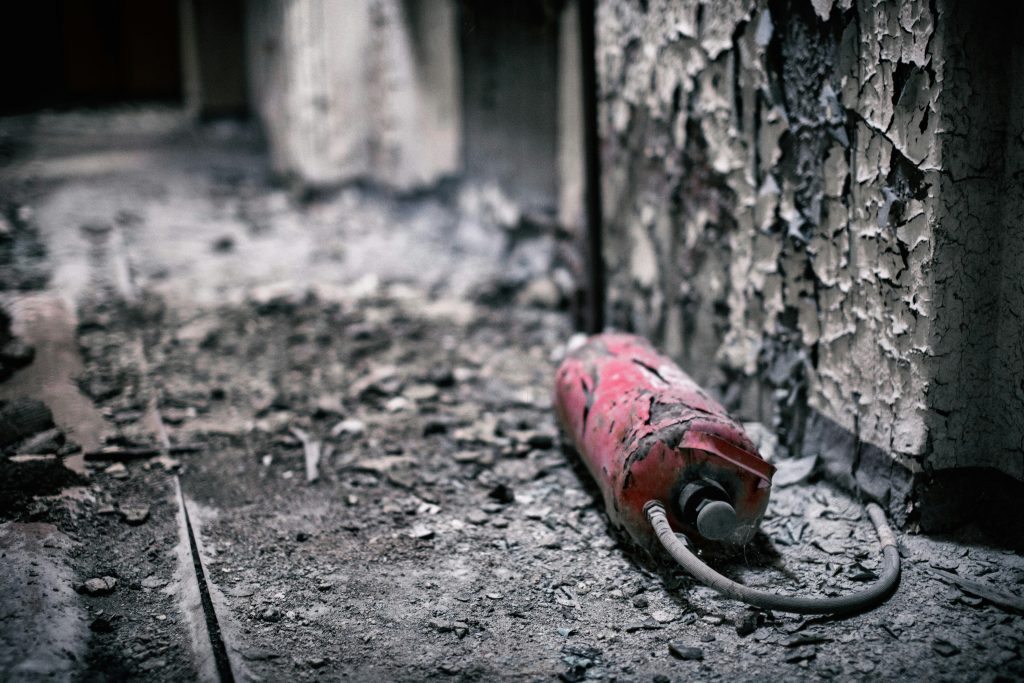
Serein Inclusion Team
3 min read
What we see online often plays a key role in breaking the mould of stereotypes. TV Shows have pushed forth in this domain, be it through the Chess masterpiece in the Queen’s Gambit or the Urdu dramedy in Chudails.
- All
- People and culture
- Domestic violence
- Life at Serein
Articles 14 (equality), 15(3) (protective discrimination), 19 (expression) & 21 (dignity) form the constitutional bedrock for PoSH safeguards.
Document evidence via screenshots, file cybercrime complaints at cybercell.gov.in or local police under IPC 354D/IT Act 66A, seeking protection orders.
Essential steps: Gender-neutral facilities, pronoun sensitisation, trans-inclusive PoSH training & explicit anti-discrimination clauses in HR policies.
Beyond compliance: Anonymous pulse surveys, bystander training, leadership accountability metrics & trauma-informed IC members foster true safety.
Prioritise safety, document thoroughly, avoid mediation, maintain neutrality, follow timelines strictly & ensure complainant knows support resources.
Know: Right to workplace safety (PoSH), equal pay, maternity benefits, dignity (Art 21), privacy, unionise, against retaliation & access justice.
Diversity & practicality aren’t opposites; true diversity requires practical systems & mindsets to function effectively & deliver real value for everyone involved.
“Diversity” feels complex & overloaded. It needs a refresh – moving beyond buzzwords to embody genuine belonging, equity & actionable understanding for all.
My fear stemmed from ignorance. Facing the unknown taught me empathy’s power & the vital importance of seeking understanding over judgment. Growth starts here.
Diversity isn’t solely gender. It’s a vast spectrum: race, ability, neurodiversity, age, faith, sexual orientation, socioeconomic background & lived experience.
Women’s workplace growth often involves navigating expectations with grace (“smiling”) while pushing boundaries. Recognition & support fuel true advancement, not just pleasantries.
Women in Indian corporate face a triple barrier: unequal pay, denial of key opportunities, & entrenched stereotypes limiting perceived leadership potential. Systemic change needed.
Silence around domestic violence hurts workplaces too. Recognise signs, offer safe support systems & flexible policies to help survivors heal & retain employment.
India’s Domestic Violence Act protects both parties in live-in relationships. Understanding this legal recognition is crucial for safety & seeking rightful recourse.
Cinema often sensationalises domestic violence. Responsible storytelling should highlight realities, survivor strength & pathways to support, not perpetuate myths.
Gaslighting is psychological abuse making victims doubt their reality. Recognise manipulation tactics, trust your instincts & seek support to break free from this.
Women have the right to protection orders, residence, monetary relief & legal aid under India’s Domestic Violence Act. Knowing these enables survivors to be safe.
Consent & boundaries are key. Domestic violence shatters both. Rebuilding starts with respecting autonomy & recognising coercive control as a violation of rights.
A break doesn’t break your career. With patience, purpose, and a little ‘me time,’ a restart can be a reinvention – on your terms, in your time, with confidence.
Career breaks don’t erase capability. With experience, adaptability, and the right support, women returning to work can lead fast, thrive faster and uplift teams too.




















